Microhabitat Program Resource Center
An open access resource for new and emerging microhabitat programs
Microhabitat Program
Resource Center
An open access resource for new and emerging microhabitat programs
Microhabitat programs restore ecosystem function in the fragmented landscape. From shade gardens and bioswales in urban areas, to pollinator waystations on the margins of agricultural land, to backyard habitats in the suburbs, microhabitat programs are part of a global phenomenon we call the microhabitat movement.
This directory is a growing list of the microhabitat programs that we have identified with the help of partners (please see acknowledgements below) as providing a range of resources, particularly in-person support, site-specific planting and management recommendations, yard certification, mentoring, education and access to native plants.
If you represent a microhabitat program and are interested in being listed in our directory, please get in touch.
Arkansas
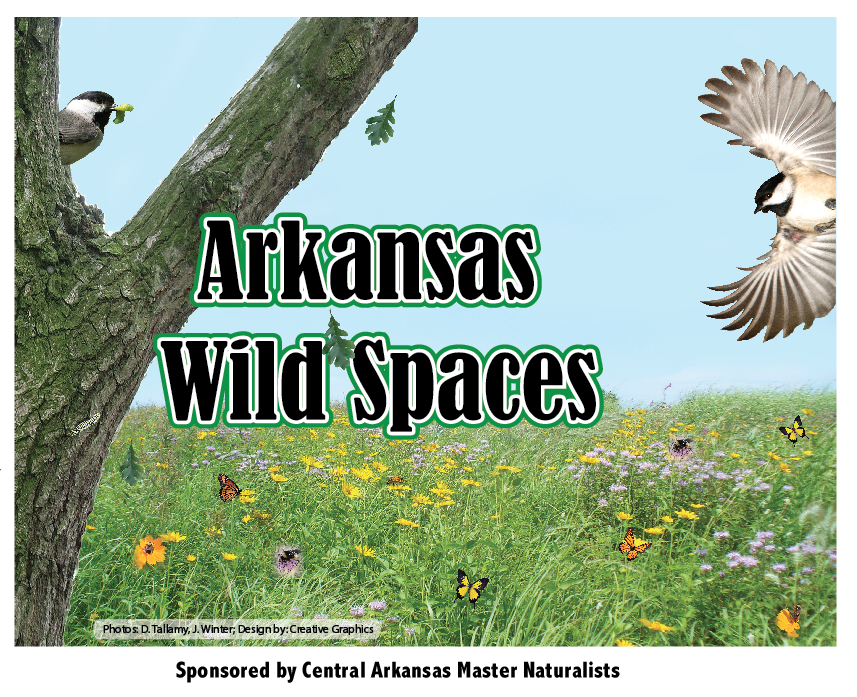
Organization: Arkansas Master Naturalists
Location: Little Rock, Arkansas
Mission/description: “The Central Arkansas Master Naturalists are committed to planting native species to bring back nature and restore ecosystems, and removing non-native invasive plant species.”
Services: Applicants in the Central Arkansas area (Jefferson, Lonoke, Pulaski and Saline counties) receive a site visit from habitat advisors focused on invasive plant identification for removal, native plant and stewardship recommendations, and site assessment toward certification
Goods: Resource packet, follow-up communication on events, sales, webinars, etc. Yard signage at cost.
Fees: $30 site visit fee for yards < .5 acres, $40 for 2 adjacent neighbors who sign up together, $60 for yards >.5 acre. $10 discount for CAMN members. One follow-up visit toward tiered certification is included.
California
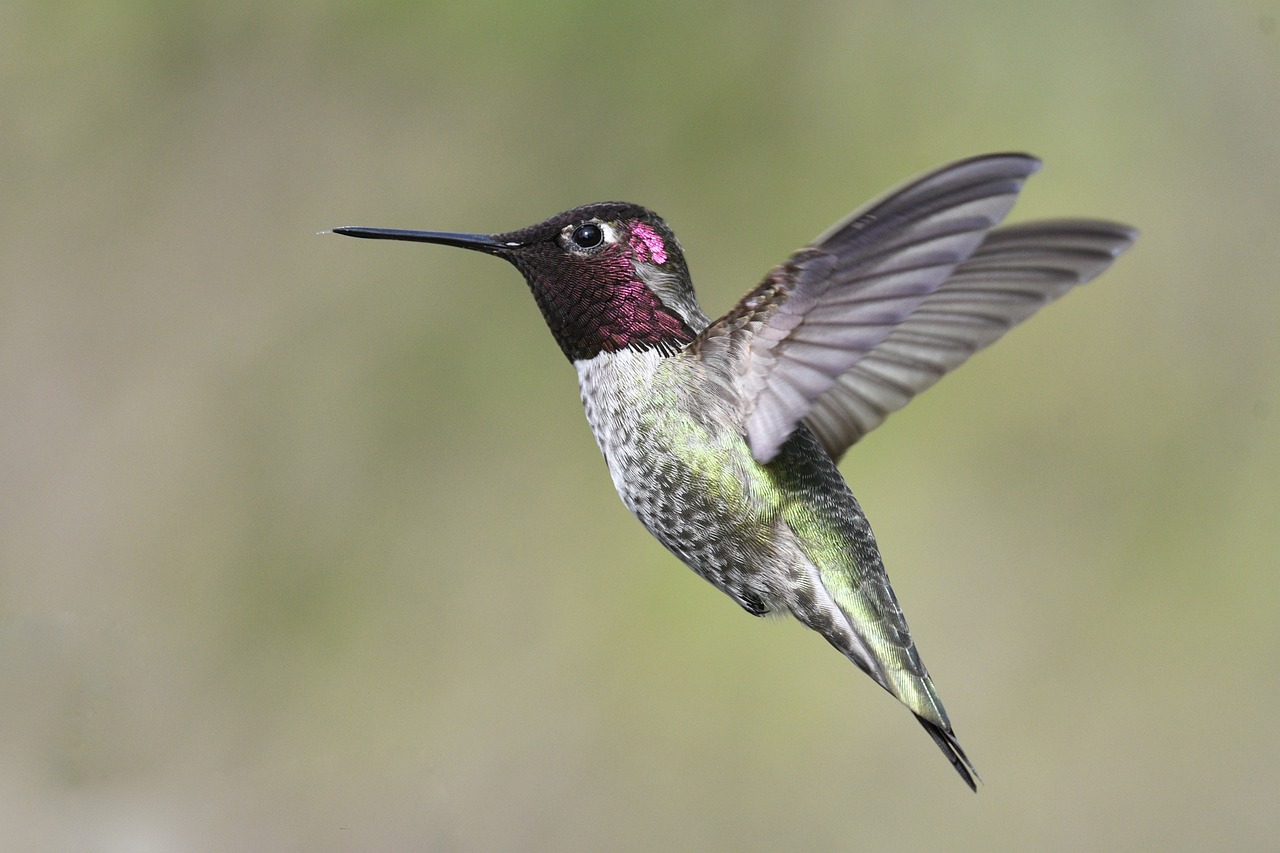
Organization: Eastern Sierra Land Trust
Location: Eastern Sierra, Inyo and Mono Counties, California
Mission/description: The website of the Eastside Pollinator Garden Project, run by the Eastern Sierra Land Trust, states that it helps gardeners throughout Inyo and Mono Counties in California to create and certify their own pollinator-friendly spaces.
Services: In-person site consultation for interested property stewards and a “progress check-in” visit
Goods: 5 milkweed plants (valued at $25) and a voucher for $100 of native plants; Pollinator Garden certification plaque for meeting program criteria after final garden visit
Fees: None

Location: Oxnard, California
Mission/description: “We are here to restore and preserve nature in urban environments through landscape projects that engage, educate, and empower the local community. We do this by helping low-income communities create what we call ‘mini nature reserves’ and our community nursery. What is a ‘mini nature reserve’? A ‘mini nature reserve’ is a miniature pocket of nature within an urban city, aimed at conserving local biodiversity. These green spaces are opportunities for recreation and education while providing habitats for native plants, pollinators, and critters.”
Goods and Services: Plants (via community nursery), installation, and maintenance and care during garden establishment, in partnership with community members, store-front business owners and schools. Educational opportunities such as training programs (including culinary events), school workshops and curriculum. Garden signage.
Fees: No fee
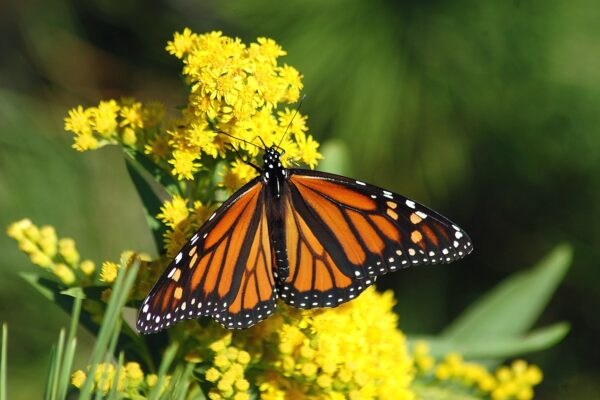
(previously known as California Working Lands Free Seed Program)
Organization: Monarch Joint Venture
Location: California’s Central Valley and Southern Oregon
Mission/description: “The Monarchs and More Western Habitat Program provides regionally specific seed mixes, milkweed plugs when appropriate, and technical assistance for pollinator plantings on land in California and Southern Oregon for free or highly subsidized based on landowner need. The seed mixes include regionally specific wildflowers, including annuals and perennials, designed with overlapping bloom periods throughout the growing season. We are excited to engage landowners and land managers in the establishment of self-sustaining native habitat to support all pollinators.”
Services: Technical assistance as needed during year one of implementation
Goods: Seed mixes and milkweed plugs free or subsidized
Fees: None except cost-sharing, as applicable, for plant materials
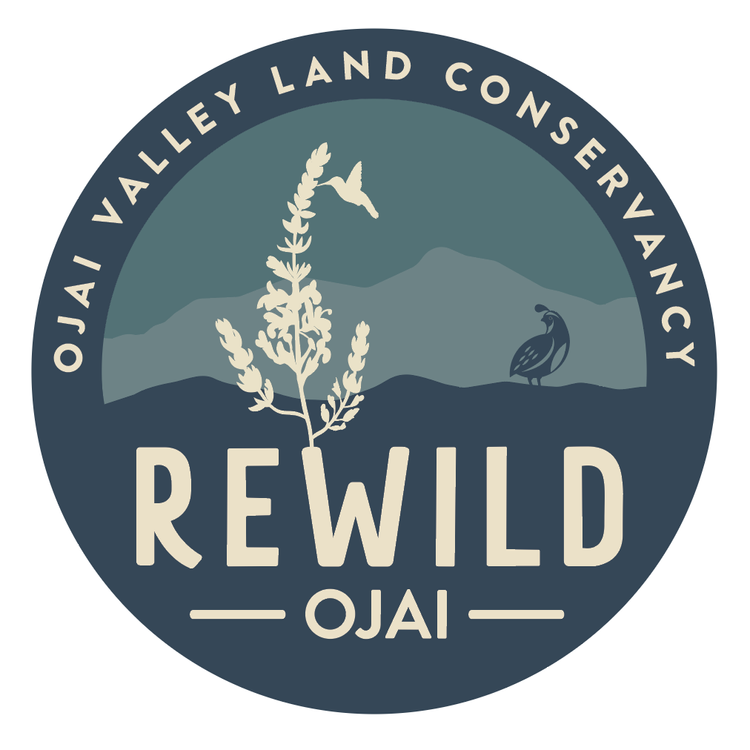
Organization: Ojai Valley Land Conservancy
Location: Ojai Valley, Southern California
Mission/description: “Rewild Ojai is OVLC’s new program to increase the quantity and diversity of native plants grown in our nursery to sell to the community, initiate a seed conservation program…and empower all landowners across the mosaic of land use types to take action to Rewild Ojai.” Once fully launched, the program will include on-site consultations by trained volunteers, educational and community events, and yard signs and certification.
Services: Native seed conservation; native plant propagation; online knowledge resources for the community
Goods: Diverse selection of native plants via the OVLC nursery, all propagated from seeds and cuttings collected sustainably from the Ojai Valley to protect and propagate local genotypes
Georgia
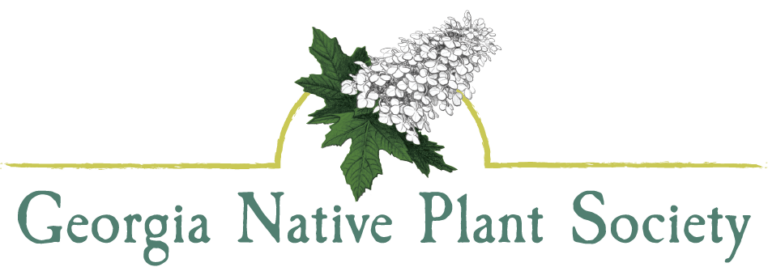
Organization: Georgia Native Plant Society
Location: Statewide, Georgia
Mission/description: “This program exists to recognize the importance of planting, nurturing and protecting native plants in your landscape. With your work, you demonstrate that even a small residential property can help sustain the native ecosystem—its plants, wildlife, water, soil, and air—a vital contribution to a world that has lost so much. Creating and preserving a native plant habitat is always a work in progress: it will have its ongoing tasks and its ongoing and unfolding pleasures. We hope to help you appreciate and enjoy the process.”
Services: Visit from a member of the certification committee for plant identification, discussion, advice and determination of certification and certification level
Goods: Signage with Gold or Silver-levels of certification (extra fee for signage stake)
Fees: $40 fee to apply for certification and visit. GNPS membership required.

Organization: Birds Georgia
Location: Georgia
Mission/description: Bird Georgia’s Wildlife Sanctuary Program “recognizes and encourages property owners to enhance their land for birds and other wildlife. Through planting native plants, removing or controlling non-native, invasive species, and providing food, water, and shelter, property owners can provide critical wildlife habitat and create a safe-haven for wildlife and people.”
Services: Eligible applicants receive an in-person visit (depending upon location) from an Avian Advocate Volunteer Certifier, or are directed to a self-reporting document, to guide the property steward through the certification process. Properties not meeting criteria receive recommendations and suggested timeline for future certification (at no additional cost).
Goods: Certified properties receive a Wildlife Sanctuary sign and are added to a list of certified properties. Property stewards also receive biannual newsletter sanctuaries, access to specific events, and discounts at select nurseries.
Fees: Fees range from $75 for a private residence < 3 acres, to $100 for commercial/public/school property, to more for larger spaces. Birds Georgia membership required.
Idaho
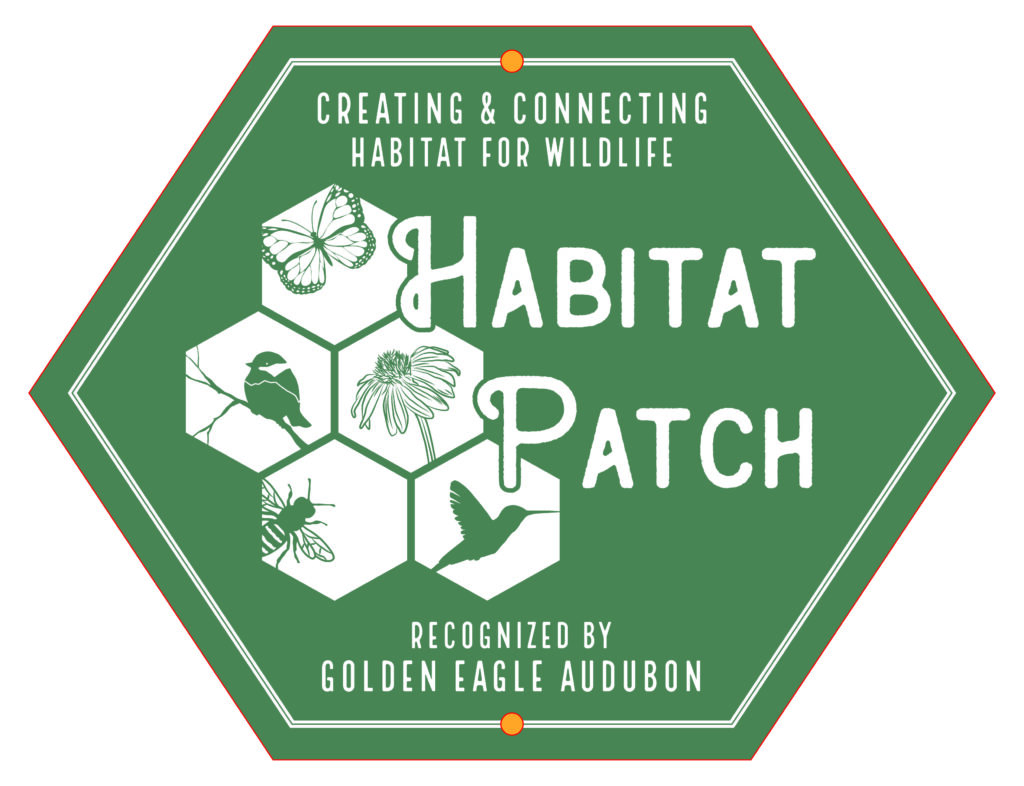
Organization: Golden Eagle Audubon
Location: Boise, Idaho
Mission/description: “The Habitat Patch Program encourages community members to transform their outdoor spaces into natural habitats. Urban habitat “patches” are very valuable for our wild friends. Together, these oases offer refuge and food for a diverse population of birds, the insects they rely upon, and other native wildlife.”
Services: Site visit from a trained GEAS volunteer or staff member, who will help the property steward develop a plan. The program offers tiered certification, including “Apartment level”. Participation includes 1-year membership to GEAS, access to recorded online classes, quarterly newsletter, workshops and events, Facebook group
Goods: Yard sign
Fees: $30 registration fee for members, $40 for non-members
Illinois
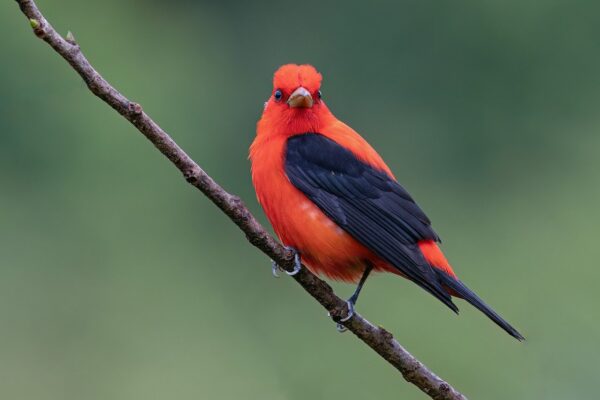
Organization: The Conservation Foundation
Location: Chicago area, Illinois
Mission/description: Conservation @ Home (C@H) helps property stewards make “earth-conscious choices” to create attractive and ecologically-functional home landscapes. The program also includes off-shoots such as Conservation @ Work and Conservation @ School to bring the model to a range of spaces.
Services: Consultation with a trained technician who provides site-specific recommendations for plantings, management and stewardship; educational events such as webinars and in-person events; online resource including lists of qualified landscape professionals
Goods: Yard sign for sites meeting qualifications, ascertained by a site visit
Fees: Requested donation for participation is $25 for members of The Conservation Foundation, and $50 for non-members, which includes a 1-year TCF membership
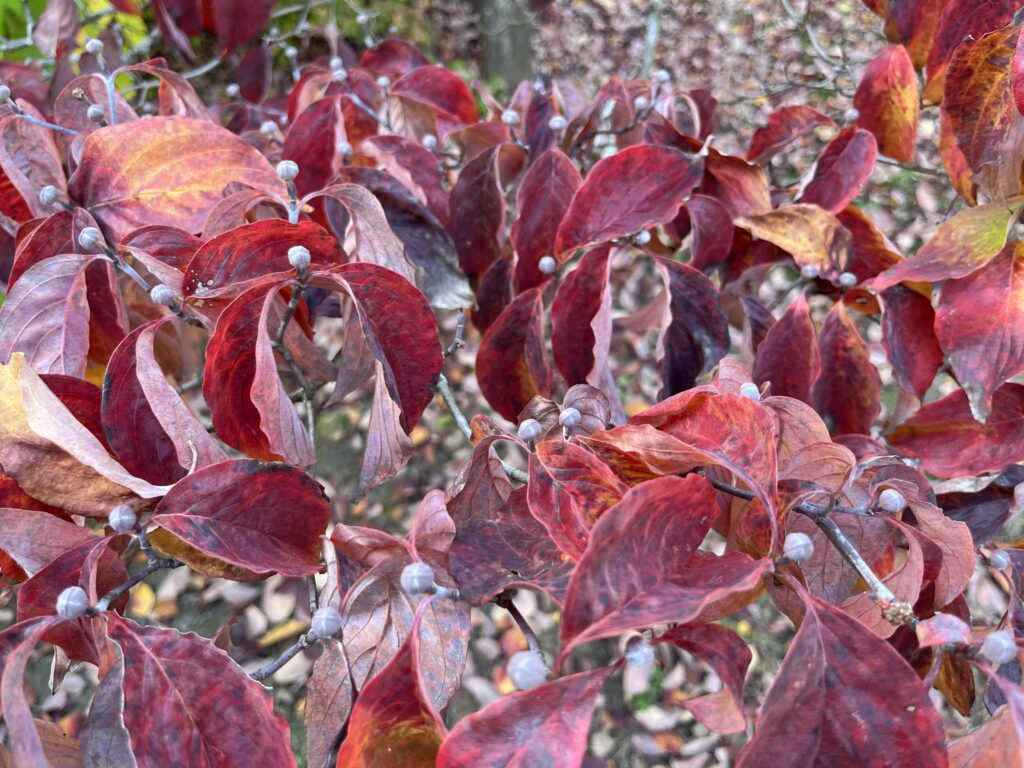
Organization: Openlands
Location: Lake County, Illinois
Mission/description: This program invites property owners—whether residential, commercial or institutional—to “Add beauty, value, and privacy in a way that fits your budget, reduces flooding, and supports the rich profusion of indigenous species living here.” The program website emphasizes adding native trees, shrubs, and herbaceous plants, adopting more ecologically-friendly approaches to lawns, and removing buckthorn and other invasive species.
Services: Personalized 1-on-1 property appointments are provided by a professional landscape ecologist. Certification is offered to qualifying properties, renewable every five years. Online resources provide ‘how’ and ‘why.’ Select community projects include special offers such as cost-share removal of invasive species or free training in selection, planting, and care of free trees.
Goods: Qualifying properties receive a certification sign. Those that re-certify after each 5-year period receive a free native shrub. Select community projects include free trees or shrubs with mulch and watering buckets.
Fees: $50 for a property appointment with professional landscape ecologist; includes certification sign for qualifying properties, whether on day of appointment or at later time. Fees waived for select properties, including those in community project focus areas.
Kansas
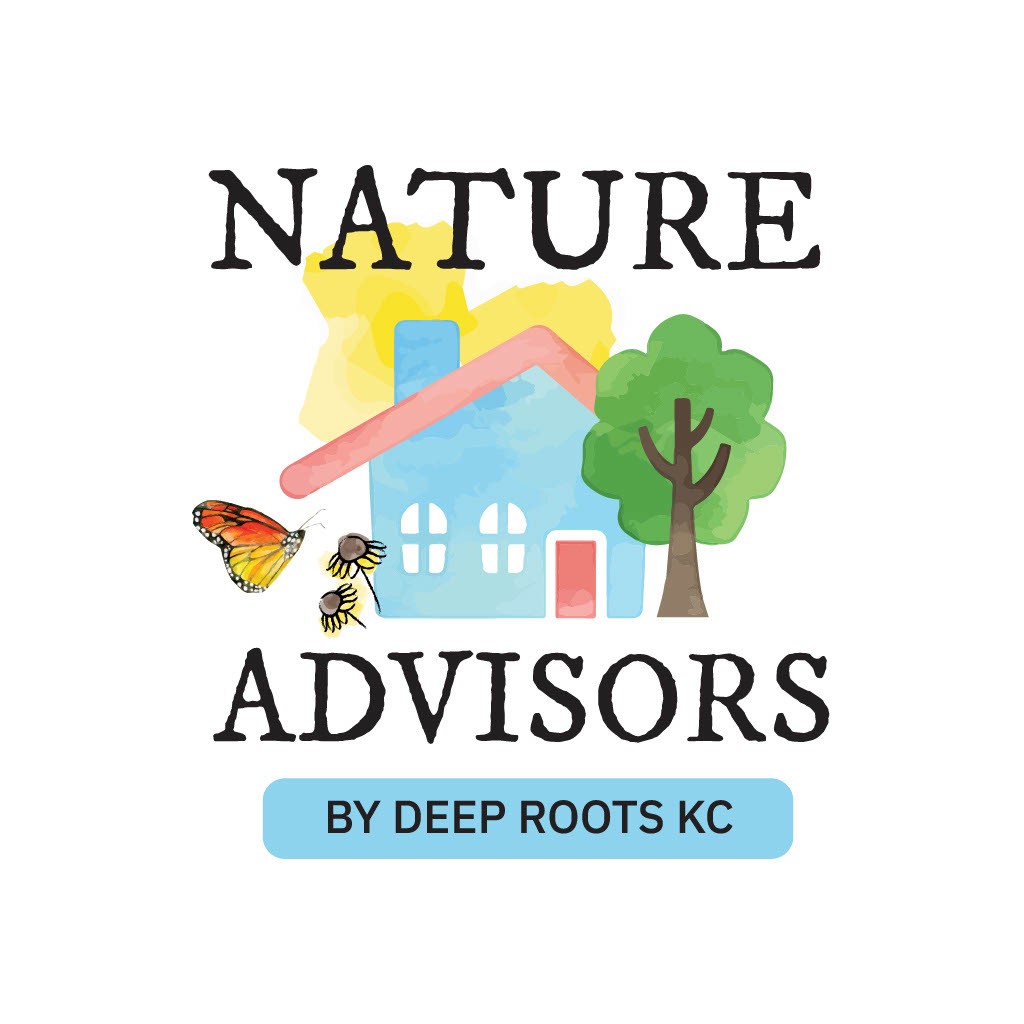
Organization: Deep Roots
Location: Kansas
Mission/description: “Deep Roots envisions an ever-growing mosaic of native plant and animal landscapes across the Kansas City region, including even the smallest urban yard.”
Services: Trained nature advisors (staff and volunteers) visit yards upon request for consultation, provide a written report with site-specific recommendations covering native plants, invasives removal, water conservation and other ecological stewardship practices
Goods: Report
Fees: $50 for < 1/2 acre, $75 for 1/2-2 acres, scholarships available
Maine
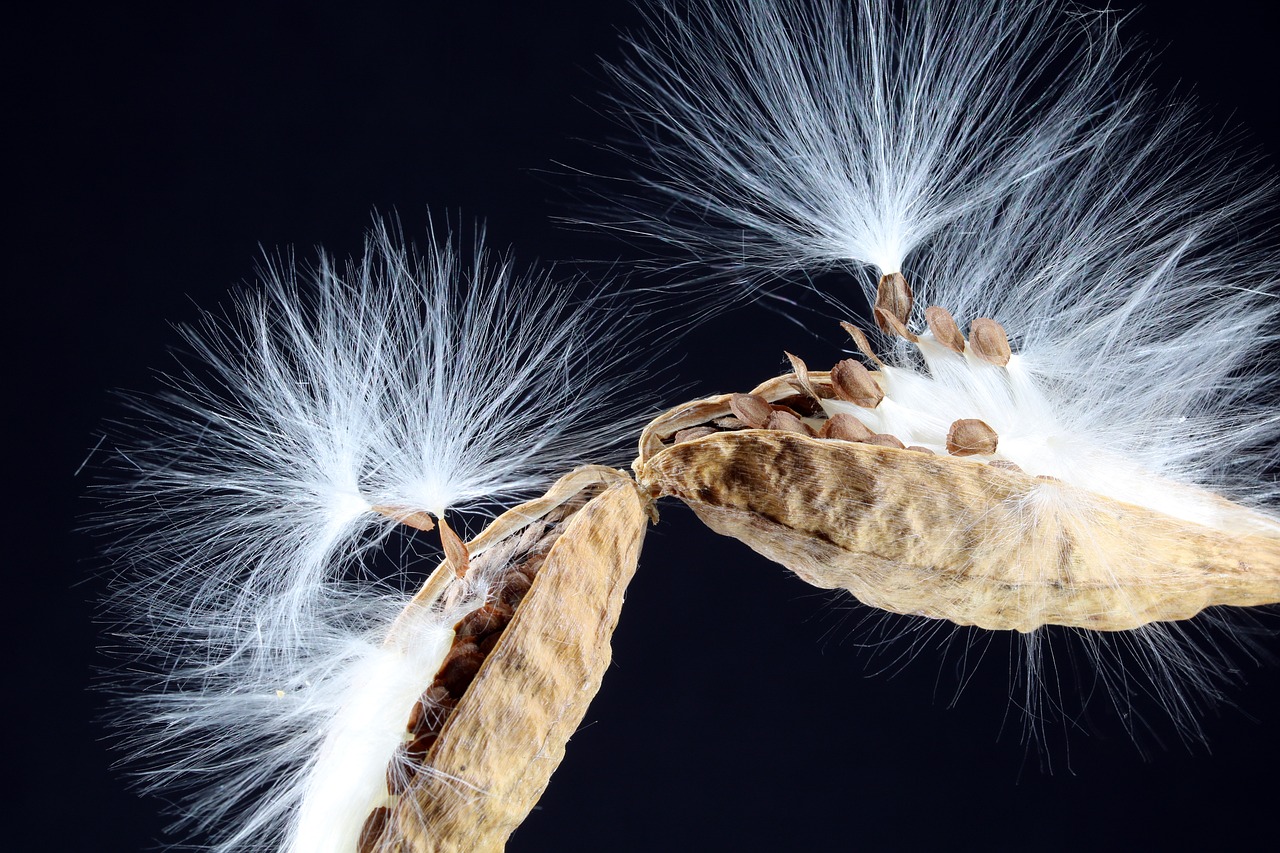
Location: North Yarmouth, Maine
Mission/description: “Wild Seed Project builds awareness of the vital importance of native plants and provides all people with the tools to restore biodiversity in their own communities. We equip community members, public officials and municipalities, and land-holding individuals and organizations – from farmers to land trusts – with the skills and resources they need to collectively repopulate landscapes with native plants that expand wildlife habitat, support biodiversity, and build climate resilience. Our core programs include: Seed Stewardship, Education, School and Youth Programs, Applied Ecology, and Publications.”
Services: Seed stewardship; site consultation and design services; educational programs and online resources; school curriculum integration
Goods: Ecotypic native plant seeds and print publications for sale; plants via annual plant sale
Fees: Varies by good and service. Membership and discounted benefits also offered
Massachusetts
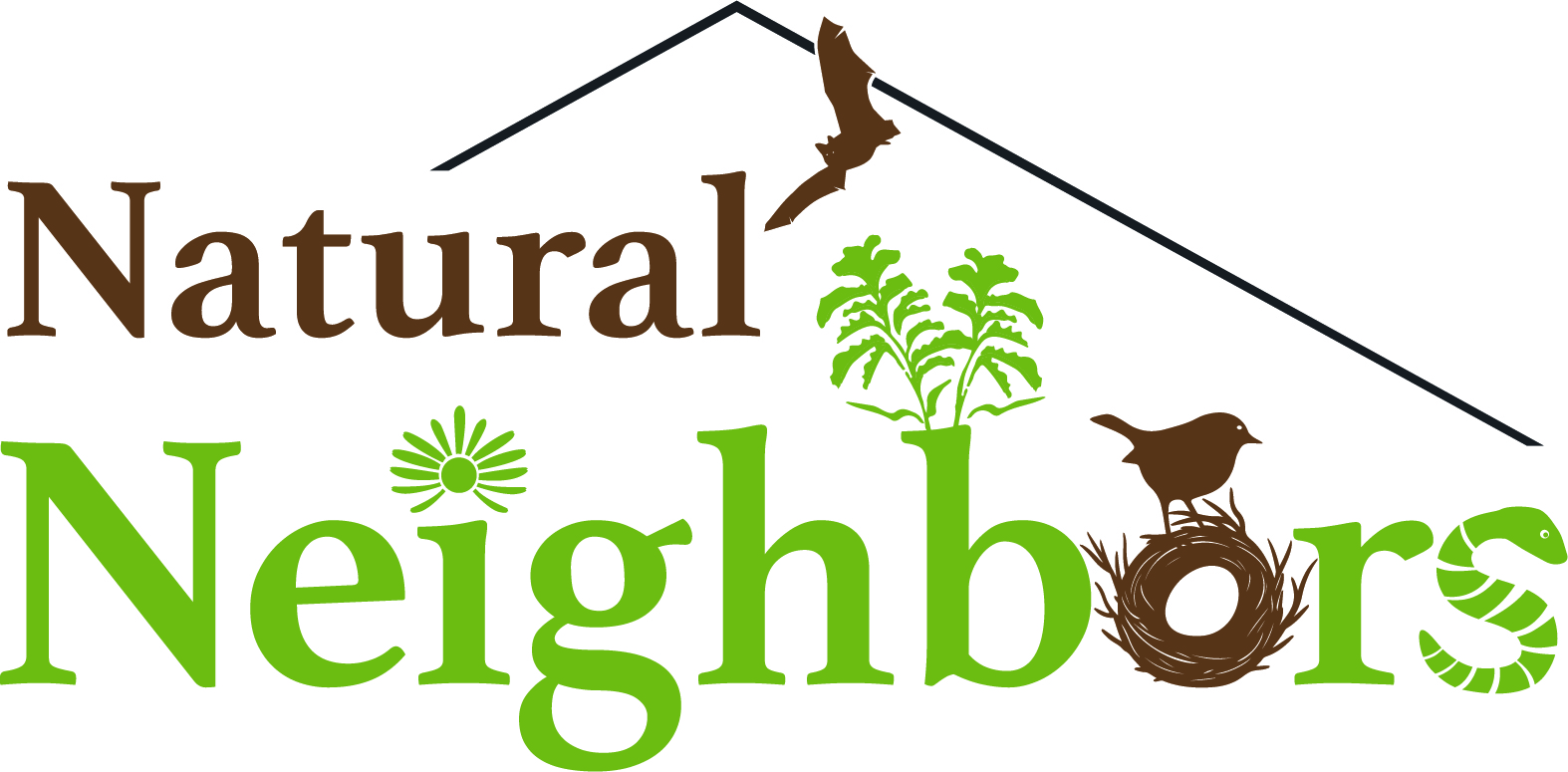
Organization: BiodiversityWorks
Location: Martha’s Vineyard, Massachusetts
Mission/description: “Natural Neighbors works with property owners and neighborhood associations to learn about their interests in nature and identify current and potential biodiversity contributions on their land. Then, we’ll offer customized management recommendations to benefit plants, pollinators, and wildlife in your area. We’ll help you develop a stewardship plan compatible with your time and resources.” Natural Neighbors is a program developed by a partnership between BiodiversityWorks and Village & Wilderness, with support from the Martha’s Vineyard Vision Fellowship.
Services: On-site visits and customized recommendations for improving eco-function, management and stewardship of private and community properties
Goods: Native plant plug kits for sale through the nursery of Polly Hill Arboretum
Fees: None for site visits and reports. Native plants sold at cost.
Missouri
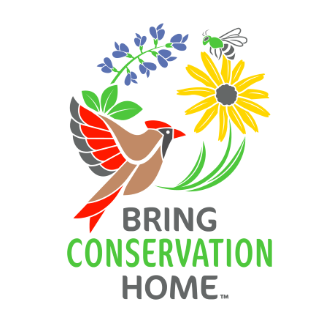
Organization: St. Louis Audubon Society
Location: St. Louis, Missouri
Mission/description: Bring Conservation Home is an ecological landscaping education program for the St. Louis region. Trained habitat advisors provide on-site advice, written recommendations, certification and resource connections to land stewards who wish to restore wildlife habitat in their own landscape. The program encourages the use of native plants, removal of invasive species, water conservation and ongoing land stewardship.
Services: On-site wildlife habitat consultations and certification assessments by trained habitat advisors; education programs, including webinars and in-person workshops
Goods: Bring Conservation Home yard sign, and tiered certification
Fees: Sliding scale for site visits. $25 for yard signage
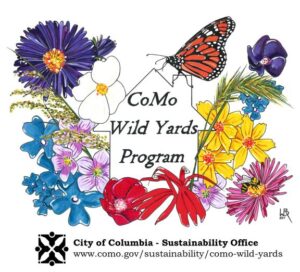
Organization: City of Columbia Office of Sustainability
Location: Columbia, Missouri
Mission/description: “The CoMo Wild Yards Program provides peer-to-peer assistance to landowners within the City limits of Columbia for the restoration of native plant and animal habitats on their property. We offer advice in landscaping with environmentally sound and sustainable management practices, including the use of native plants, invasive vegetation management, water conservation, wildlife habitat development, and other stewardship practices that promote a healthy ecosystem for wildlife and people.”
Services: Site assessment in person with CoMO staff, written recommendations, 6-month follow-up visit to ascertain eligibility for certification and level (silver, gold, platinum)
Goods: Yard sign
Fees: No fee
New Jersey
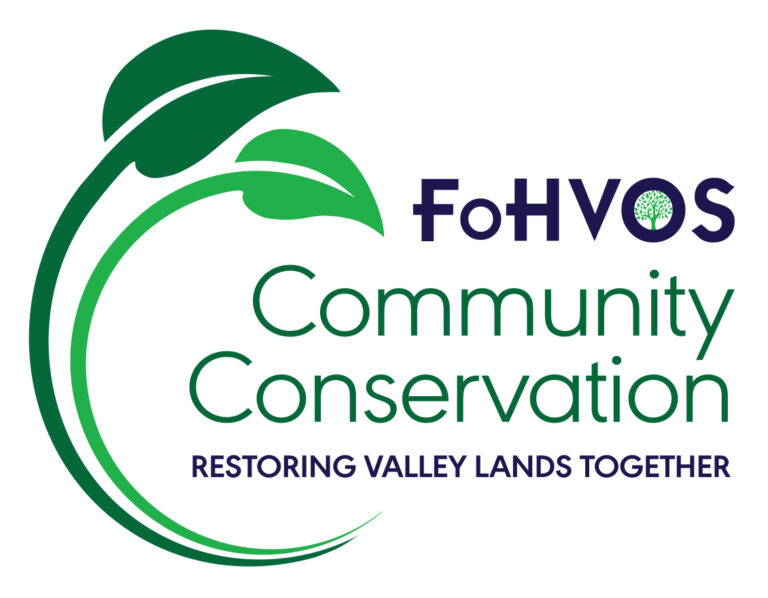
Organization: Friends of Hopewell Valley Open Space
Location: Hopewell Valley, New Jersey
Mission/description: “Many in our community want to support the natural diversity of our native plants and wildlife but do not know how to start. Our natural heritage is hampered by problems including overabundant white-tailed deer and invasive species. FoHVOS mitigates these negative impacts through active stewardship that protects and restores biodiversity. Residential Community Conservation extends these efforts to all Hopewell Valley homeowners seeking to implement sound ecological stewardship practices.”
Services: 1-2 hour site visit by FoHVOS staff to provide customized recommendations native gardens and meadows, invasive species control, wildlife conservation and forest restoration
Goods: Access to plants at discounted rates through participating nurseries
Fees: Included with $50 Community Conservation member
North Carolina
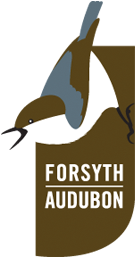
Organization: Forsyth Audubon
Location: Winston Salem, North Carolina
Mission/description: “Forsyth Audubon Society is trying to restore native habitat and reduce the pressure from invasive plants through education and direct intervention, one property at a time! We are educating people about the benefits of using native plants in all vegetative layers, how to identify and remove invasive plants, how to leave their leaves, and other steps they can take to make their property more bird safe and bird friendly.”
Services: Yard visit and assistance toward certification. Brochures and web-based information and guidelines emphasize the identification and removal of invasive species, lists and use of native plants and property stewardship to make the habitat safe and productive for wildlife.
Goods: Certified Bird Friendly Habitat or Bird-Friendly Habitat Under Construction yard sign and emailed report of recommendations for improvement along with lists of native and invasive plants on property.
Fees: $50 for initial 2-hour yard visit for properties under 2 acres, with free visits subsequently to help the property steward work toward certification. Fees for properties larger than 2 acres, and other properties such as businesses, house of worship, HOAs, etc., vary.
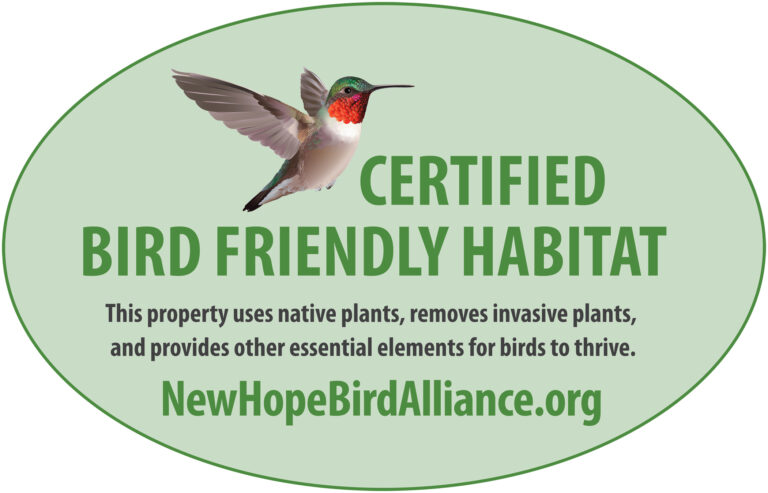
Organization: New Hope Bird Alliance
Location: Central North Carolina
Mission/description: This program of New Hope Bird Alliance aims “to encourage and guide people in the process of creating bird friendly habitat on their property.” Online resources emphasize the identification and removal of invasive species, lists and use of native plants and property stewardship to make the habitat safe and productive for wildlife.
Services: Yard visit and assistance toward certification. Web-based information and guidelines.
Goods: Certified Bird Friendly Habitat or Bird Friendly Habitat Under Construction yard sign and report of recommendations for improvement along with lists of native and invasive plants on property.
Fees: $50 for initial yard visit, with free visits subsequently to help the property steward work toward certification. Fees for other properties such as businesses, house of worship, HOAs, etc., vary.
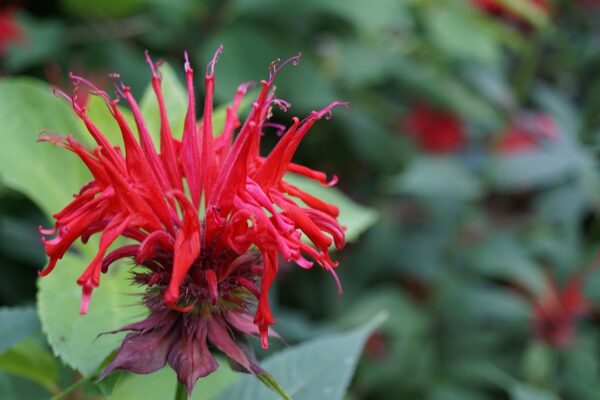
Organization: North Carolina Native Plant Society
Location: Statewide, North Carolina
Mission/description: “The North Carolina Native Plant Society (NCNPS) recognizes the importance of home gardens, along with larger public gardens, as critical links in maintaining native ecosystems. We seek to increase plantings of North Carolina natives and remove/control invasive species.”
Services: Potential site visit by NCNPS member to ascertain certification. Certified sites are recognized on website, newsletter etc.
Goods: Yard sign at additional cost ($33 plus shipping)
Fees: Certification application fee of $10 (for NCNPS member), $35 (for non-members, includes a 1-year membership), $45 (includes a 1-year Family Membership, or $60 for Business & Organizations (which includes a 1-year membership)
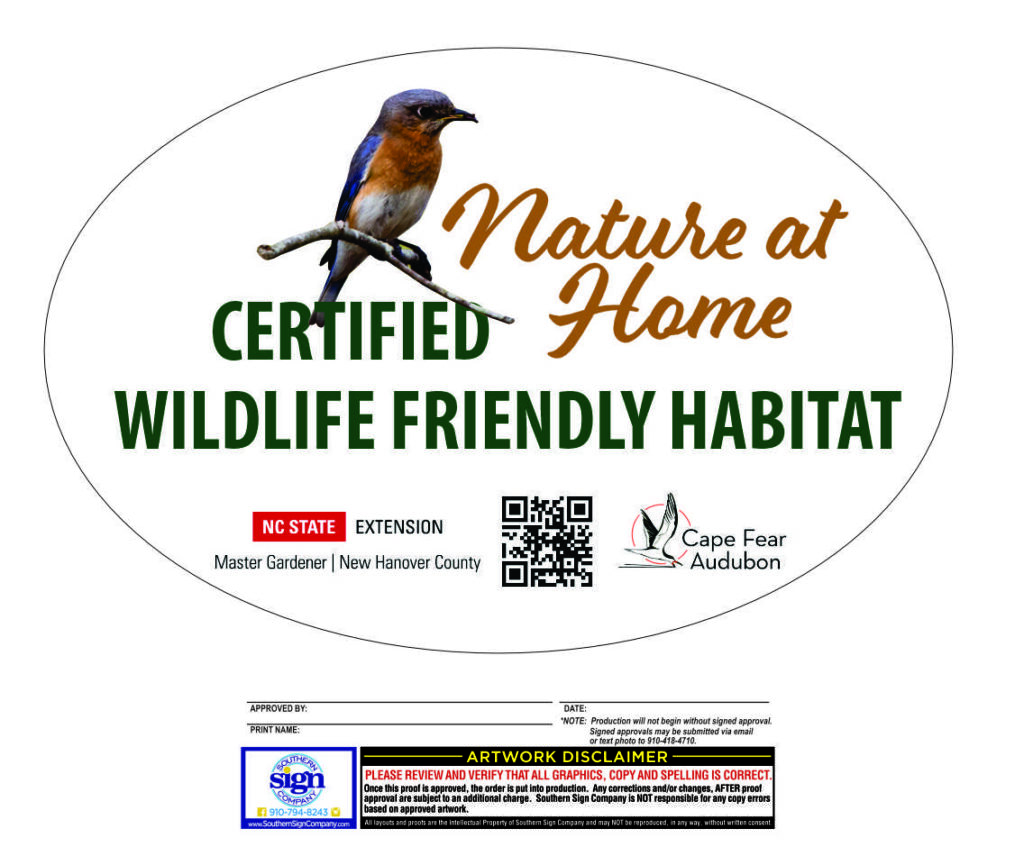
Organization: NC Extension Master Gardener Program and Cape Fear Audubon
Location: North Hanover County, North Carolina
Mission/description: This program of the NC Cooperative Extension Master Gardener Volunteer Program of New Hanover County is also supported by Cape Fear Audubon. “The Nature at Home Certification Program was developed to educate and encourage people on the best land stewardship practices for making their growing spaces nurturing for plants, insects, birds and other wildlife. From backyards to front porches, the potential to transform your outdoor living spaces is boundless. Working towards greater biodiversity helps pollinators like birds, bees and butterflies flourish.”
Services: Hour-long home visit and site review by Master Gardener volunteers who provide advice and recommendations.
Goods: Online knowledge resources, yard sign is available for pick-up by certified properties
Fees: $30
Ohio
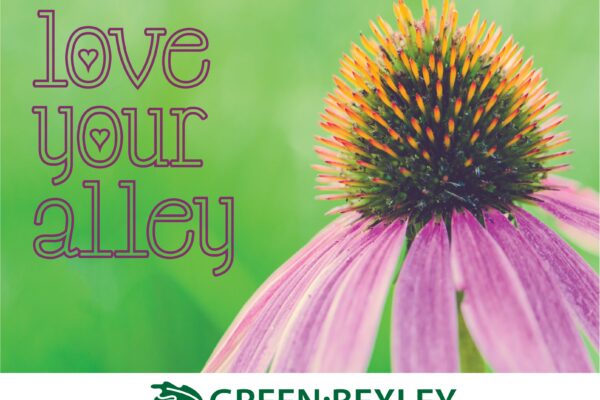
Organization: Green Bexley
Location: Bexley, Ohio
Mission/description: “Love Your Alley is about transforming our underutilized alleys into extended living space for everyone to enjoy. By planting native plants, we are cultivating our land to create a Homegrown National Park in 43209 to support our ecosystem. Native plants pack a powerful sustainability punch: they support our pollinators, assist in flood prevention, fight climate change, and protect the aesthetic that defines the Midwest.” LYA’s activities are concentrated around the month of May.
Services: Classes and instruction, artists, volunteer plant installation teams, garden tours and garden contests during the month of May
Goods: Free native plants available during the annual LYA festival day
Fees: None
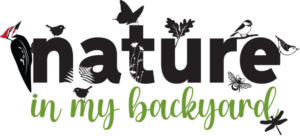
Organization (s): Audubon Society of Greater Cleveland and Shaker Lakes Garden Club
Location: Greater Cleveland-Ohio Area
Mission/description: “This is an education and certification program designed to help you understand the most essential steps to building biodiversity in your backyard. With your enrollment you will join a network of households in NE Ohio committed to stewarding birds, pollinators and wildlife in our own backyards, front yards, and on our balconies.”
Services: Applicants in the greater Cleveland area may apply to be certified and also request a site visit from knowledgeable volunteers to help identify invasive plants for removal and receive native plant and stewardship recommendations.
Goods: Yard signage for certified properties
Fees: None
Oregon
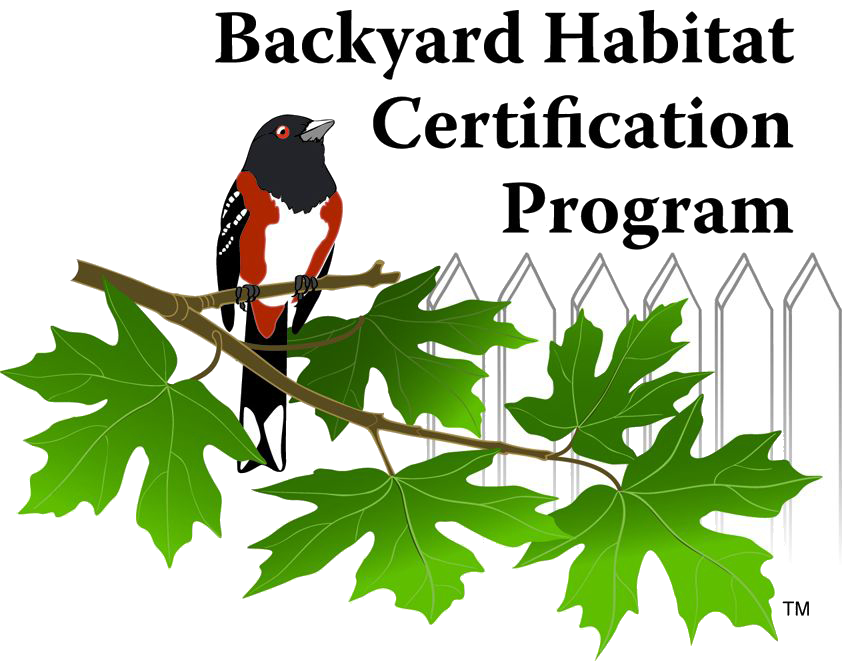
Organization(s): Columbia Land Trust and Bird Alliance of Oregon
Location: Portland metro area, Oregon
Mission/description: This collaboration between Columbia Land Trust and Portland Audubon operates under the motto “Plant Roots, Create a Habitat, Transform the World…One Yard at a Time,” tackling yards under 1 acre in size. In its own words, “We’ve teamed up to create a unique program that supports urban gardeners in their efforts to create natural backyard habitats…Together we make our cities a healthier place, for ourselves and for wildlife. Our community of Backyard Habitats is over 9,000 strong, and growing every day.”
Services: Initial site visit, consultation and site report by a trained technician; technical assistance via email and phone; follow-up visit by a trained volunteer for assessment and certification; online tools such as a resource library and lists of qualified landscape professionals
Goods: Discounts and vouchers at local nurseries and stores; certification and yard signs
Fees: Enrollment based on a sliding scale starting at $35
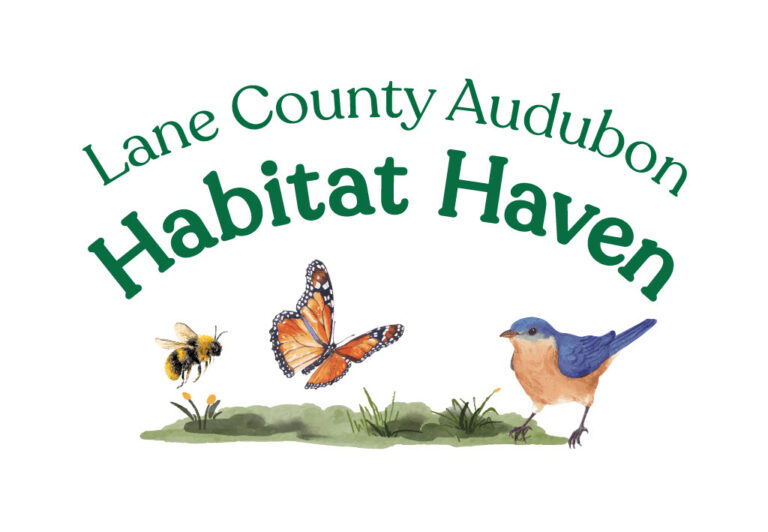
Organization(s): Lane County Audubon Society
Location: Eugene, Oregon
Mission/description: “Join the Habitat Haven community to make your yard friendlier to birds and pollinators. You can help to create the habitat and connectivity that birds and pollinators need to thrive. We encourage the use of environmentally friendly practices like planting native plants, removing invasive weeds, eliminating or reducing the use of pesticides and conserving water. Together we can restore our yards to to havens that make our community healthier, provide resources to wildlife, and make our cities more climate resilient.”
Services: Visit from a site tech to discuss goals, provide written recommendations, and other resources such as discounts on native plants at local nurseries
Goods: Yard signage for certified properties
Fees: Sliding scale
Pennsylvania
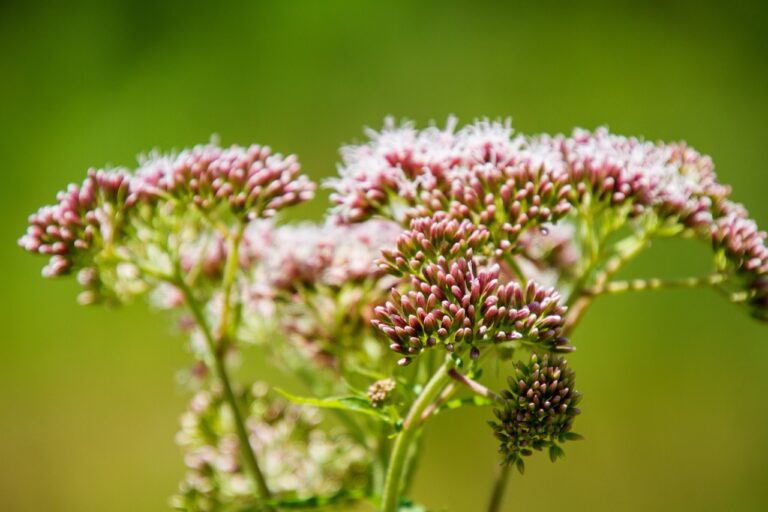
Organization: Valley Forge Audubon Society
Location: Southeastern Pennsylvania
Mission/description: “Inspiring and teaching people to create healthy habitats in their yards by planting native plants and providing the essentials for wildlife to thrive.”
Services: Educational programs for local groups; on-site consultations with homeowners on improving wildlife habitat; online knowledge resources via the Backyards for Nature blog and website
Goods: $50 for on-site consultation; group presentation fee of $100, with proceeds benefiting the Valley Forge Audubon Society
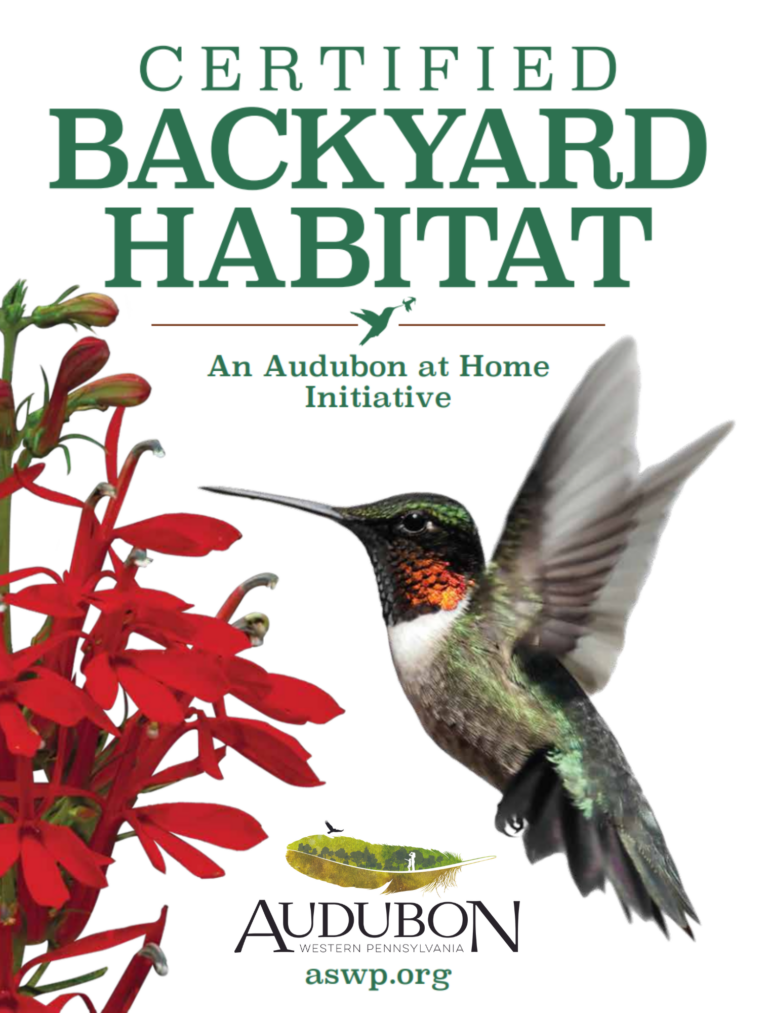
Organization: Audubon Society of Western Pennsylvania
Location: Pittsburgh, PA
Mission/description: Audubon Society of Western Pennsylvania (ASWP) launched the Certified Backyard Habitat (CBH) program to help people to support birds, butterflies, beneficial insects, and other native wildlife—right in their own backyards. Each CBH acts as a mini-nature reserve, providing quality habitat for wildlife and reducing threats such as window strikes, invasive species of plants and insects and even outdoor cats.
Services: Site visit from staff to provide custom resources and advice related to the 5 CBH priorities—native plants, addressing threats, wildlife stewardship, clean water, education and engagement. Tiered certification program.
Goods: Yard signage for certified properties. (Free native plant kit and ASWP membership for residents of Mon Valley) Fees: $60 for ASWP members; $90 for non-members, which includes a 1-year ASWP membership. Free to residents of Mon Valley.
Virginia
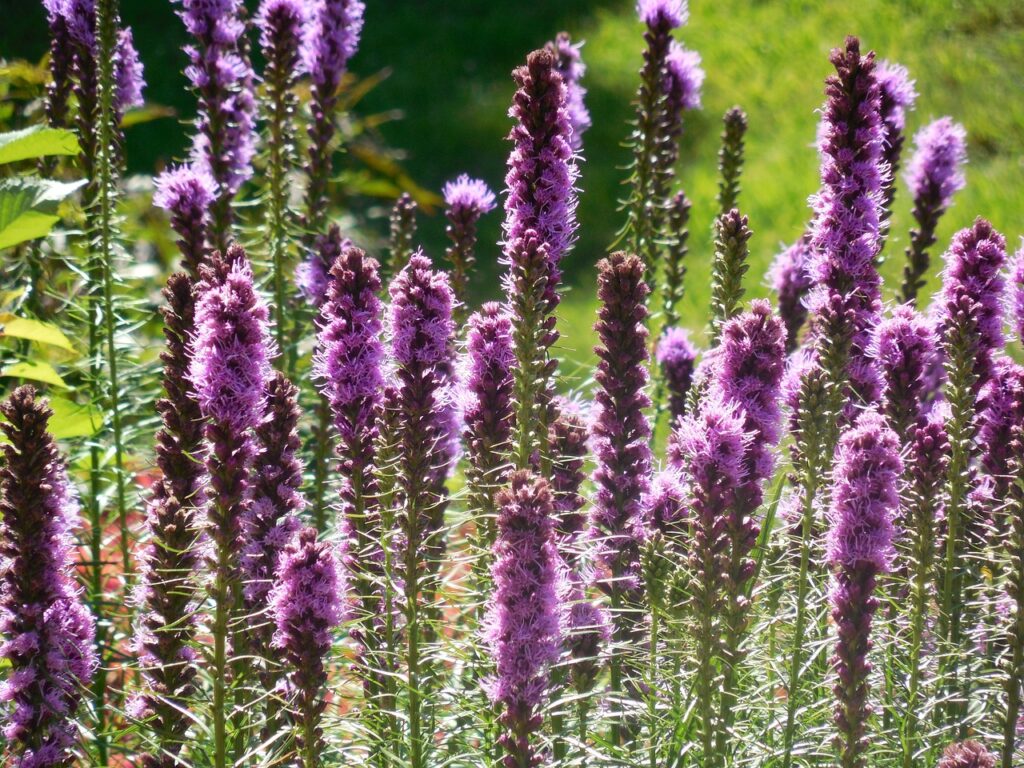
Organization: Northern Virginia Bird Alliance
Location: Northern Virginia
Mission/description: “The Wildlife Sanctuary Program brings trained naturalists together with property owners and managers on a mission to restore natural habitat. We offer information, on-site consultation and recommendations to help you establish and nurture sustainable natural habitat in your backyard, neighborhood, school, church, park or business in spaces that range from a small corner of your yard to many acres.”
Services: On-site visit and wildlife habitat recommendations by a volunteer ambassador; online knowledge resources
Goods: Wildlife Sanctuary certification and yard signage
Fees: $40 for yard signage
Texas
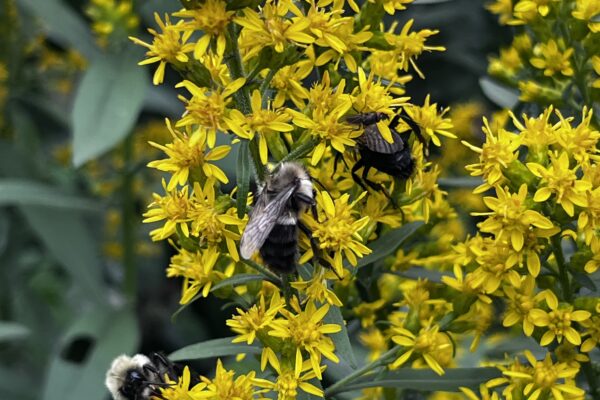
Organization: Texas Master Naturalist and Native Plant Society
Location: Texas Hill Country, Texas
Mission/description: “The Pollinator Garden Assistance and Recognition Program is a joint project with a network of Texas Master Naturalist and Native Plant Society (NPSOT) volunteers who educate local homeowners, groups, institutions, and organizations about the importance of native plants and habitat in our unique Hill Country environment.”
Services: Residents of the program area can request a site visit from volunteers who will discuss garden plans, recommended plants for the site, provide advice, encouragement and recognition. Qualifying gardens receive a “Pollinator Champion” recognition certification from Texas Master Naturalist, Hill Country Chapter or area NPSOT chapters
Goods: Certificate of recognition
Fees: Free
Acknowledgements: We are grateful to those who are bringing more programs to our attention, including Nina Fogel, via her doctoral research. (For more information see “A survey of American residential garden conservation programs” by Nina Fogel et al.)

